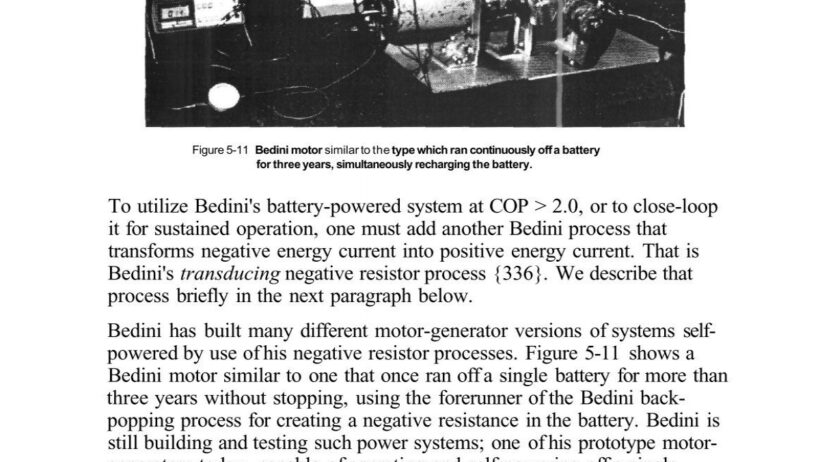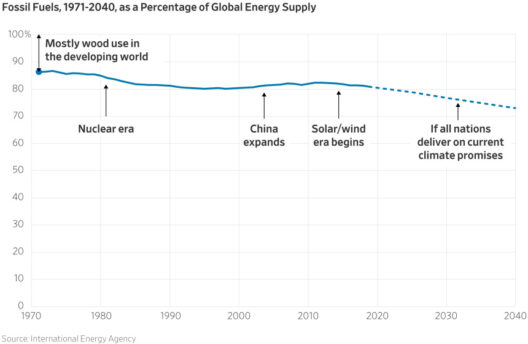Vacuum energy, a concept deeply rooted in quantum field theory, introduces intriguing discussions about the fabric of reality itself. The hypothesis revolves around the idea that even in a perfect vacuum—where no matter exists—there exists a residual energy due to quantum fluctuations. This notion raises critical questions about the fundamental laws of physics, particularly the principle of conservation of energy.
The principle of energy conservation, a cornerstone of classical physics, maintains that energy cannot be created or destroyed—only transformed. This tenet has been steadfast, governing our understanding of energy interactions within countless systems. However, the implications of vacuum energy present a paradox that demands rigorous examination. If vacuum energy exists and can be harnessed, does it undermine this principle?
At its core, vacuum energy emerges from the unpredictable nature of quantum mechanics. According to Heisenberg’s uncertainty principle, pairs of particles and antiparticles can spontaneously emerge and annihilate within extremely short time frames, creating temporary fluctuations in energy levels. These fluctuations are not merely theoretical; they exhibit measurable consequences, such as the Casimir effect, where two uncharged metallic plates in a vacuum attract each other due to these energy fluctuations.
Delving deeper into the implications of vacuum energy, it becomes evident that harnessing this energy opens potential avenues for revolutionary technological advancements. The prospect of tapping into the latent energy within a vacuum could, in theory, lead to the development of energy sources that seem to violate conventional energy conservation rules. Imagine a generator that operates without fueling costs, relying solely on the infinite reservoir of vacuum energy. Such devices tantalize inventors and theorists, yet whether this is attainable remains a contentious topic.
Critics argue that while vacuum energy is indeed a fascinating phenomenon, it does not equate to free energy in the traditional sense. The extraction of vacuum energy still adheres to conservation laws. Energy harnessed from the vacuum would require processes that, in turn, engage with the surrounding environment and inevitably draw additional energy from elsewhere, maintaining the integrity of conservation principles. To state that vacuum energy would offer “free energy” misinterprets the interconnectedness of energy systems. Any mechanism attempting to extract such energy would ultimately need an energy input—whether it be through engineering complexity, initial material costs, or other resources.
Moreover, the notion of vacuum energy raises philosophical and scientific inquiries about the nature of energy itself. What defines energy within different contexts? Does vacuum energy possess the qualities of traditional energy, or does it represent an alternative paradigm? These questions intermingle with ongoing debates in the realms of quantum physics and cosmology, where the nature of dark energy and its relationship with the universe continues to be explored. Dark energy, commonly thought to constitute around 68% of the universe, is another enigmatic force that echoes the peculiar characteristics of vacuum energy.
While many theorists argue about the viability and ethics of utilizing vacuum energy as a potential energy source, others caution against the unintended consequences of misusing such a power. Euphoria surrounding perpetual motion machines or over-unity devices often leads to disillusionment when confronted with practical and theoretical limitations. Precaution must guide advancements in harnessing vacuum energy, ensuring alignment with ecological sustainability and ethical considerations.
It is imperative to understand the implications of energy extraction from the vacuum not merely as a physical phenomenon but as an opportunity to rethink our relationship with energy consumption overall. The current global energy crisis underscores the necessity to innovate and explore all potential energy sources, provided they respect environmental imperatives and ethical standards. Integrating principles from various scientific disciplines will be central to developing technologies that do not compromise ecological integrity while exploring the potential of vacuum energy.
In conclusion, vacuum energy does not inherently violate the principle of conservation of energy; rather, it challenges our understanding of energy systems and their intrinsic complexities. While the extraction of vacuum energy may hold promise for future innovations and technological breakthroughs, it remains crucial to approach this frontier with a grounded sense of responsibility. The pathways to utilizing vacuum energy must be scrutinized through lenses that prioritize sustainable practices and respect for existing ecological systems. The journey ahead is uncharted yet ripe with potential, requiring a harmonious blend of scientific inquiry, ethical responsibility, and environmental stewardship.
As exploration into vacuum energy continues, the dialogue surrounding its feasibility in energy production and implications for conservation will persist. The relationship between vacuum energy and energy conservation principles ultimately invites us to reconsider existing paradigms and innovate towards a future that may bridge the gap between quantum theories and sustainable practices.







